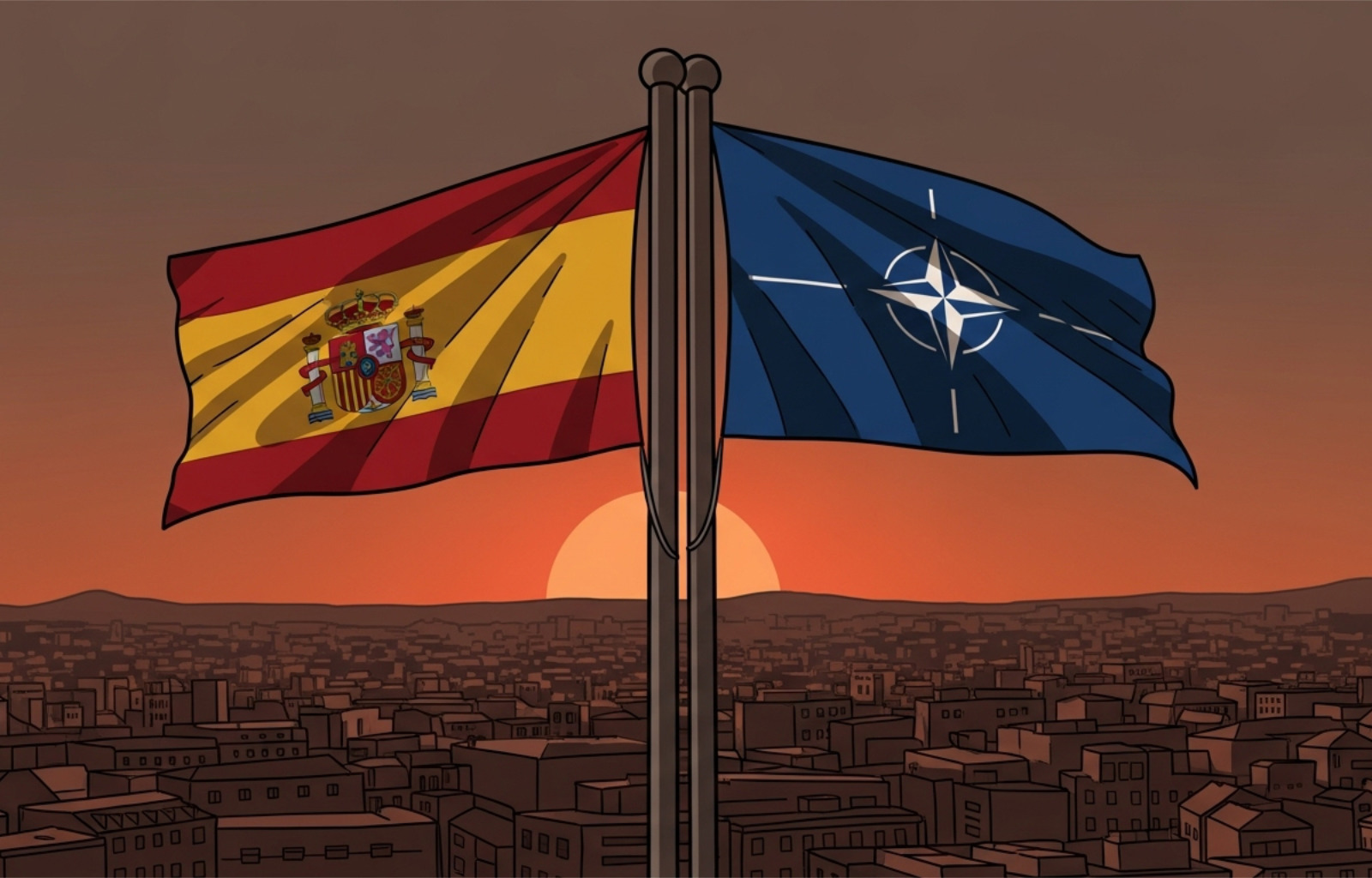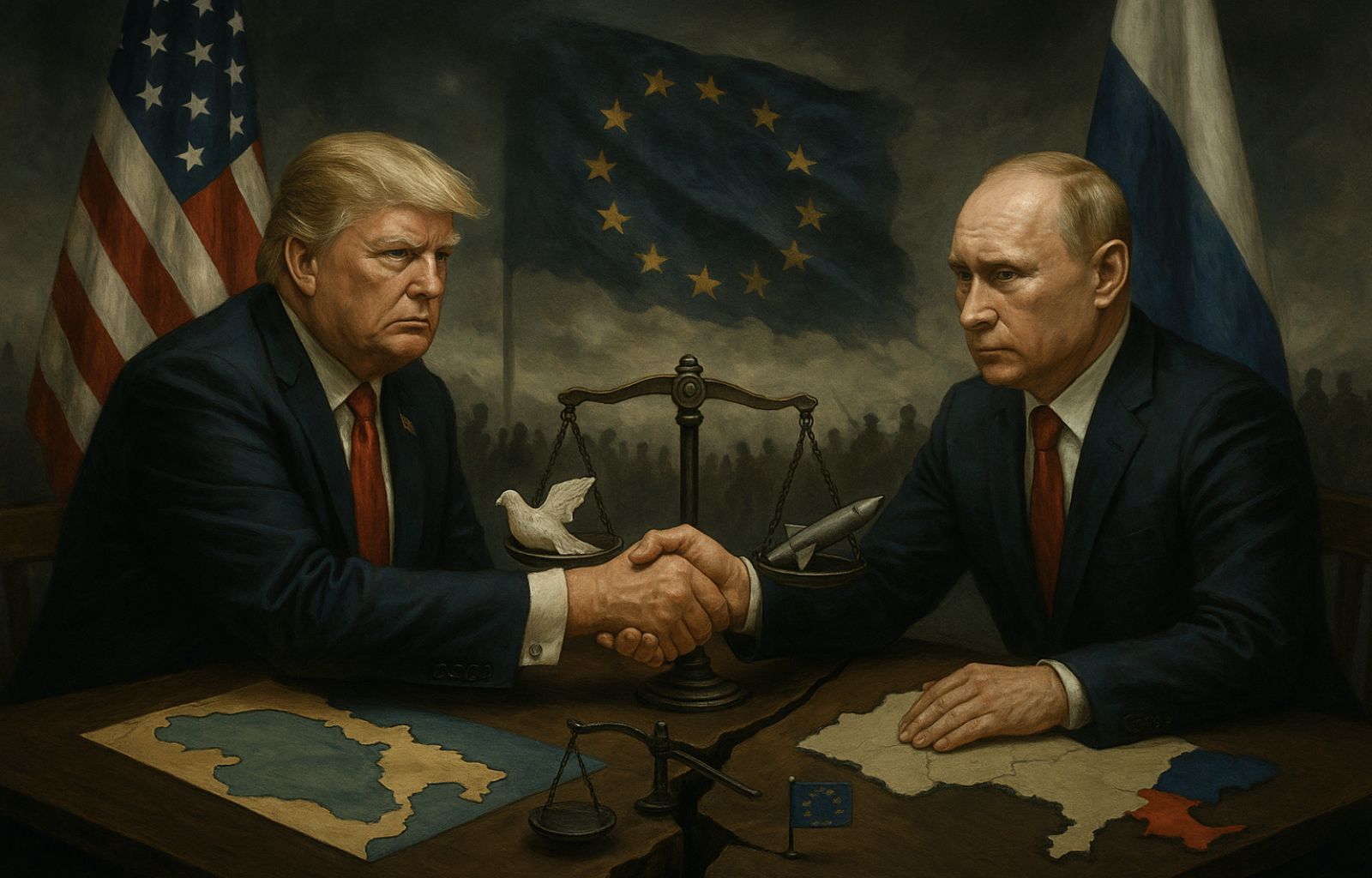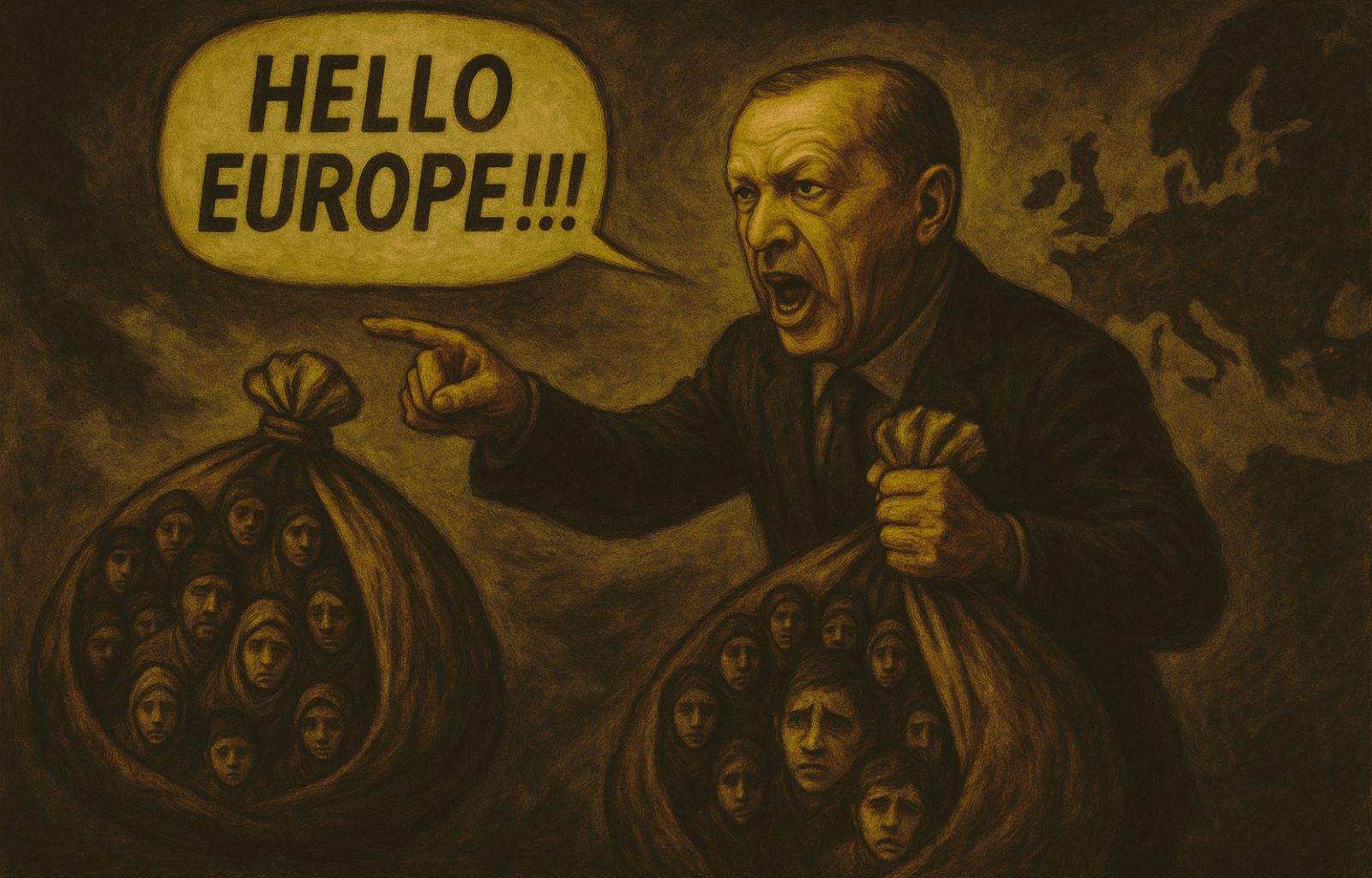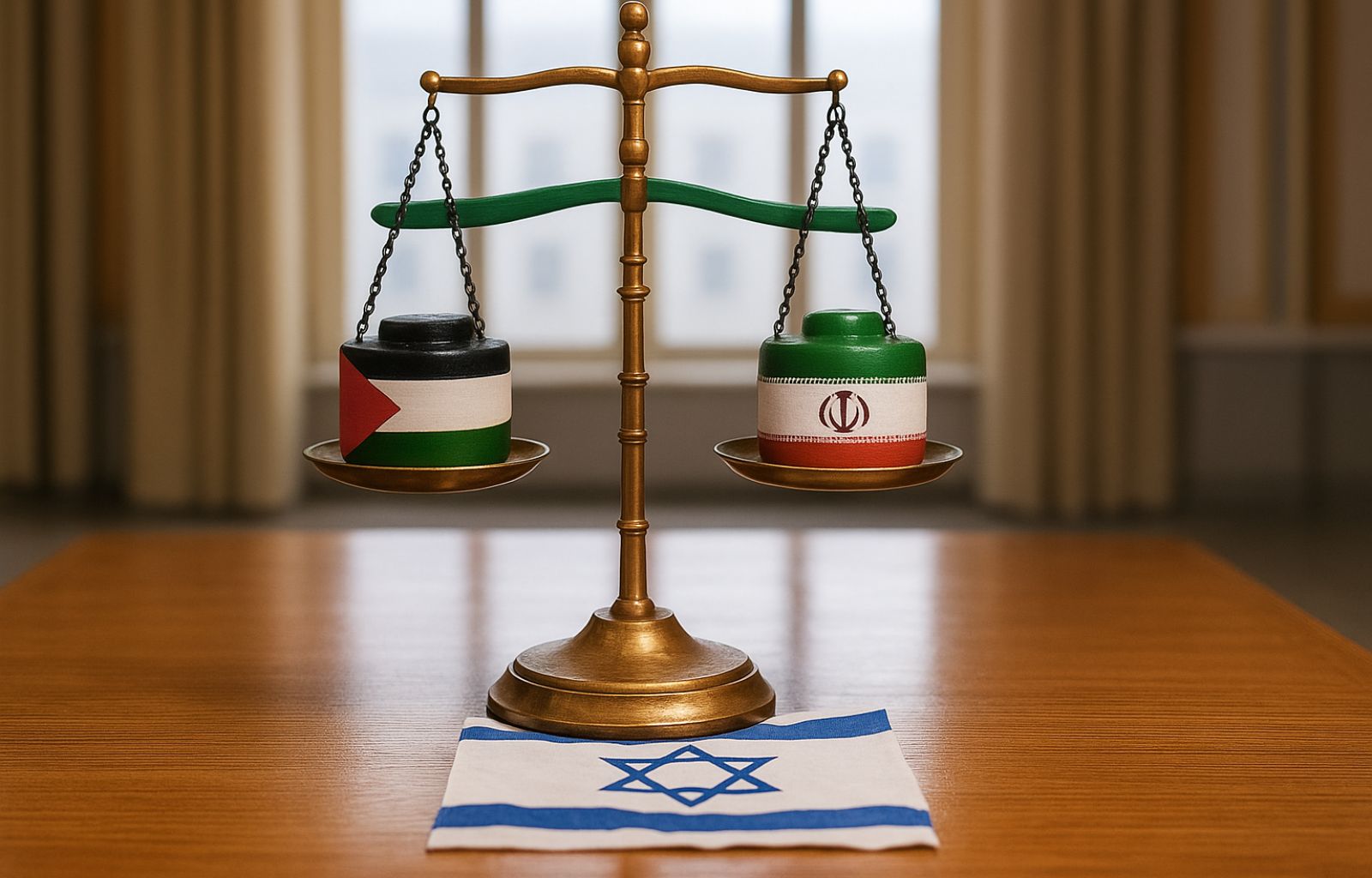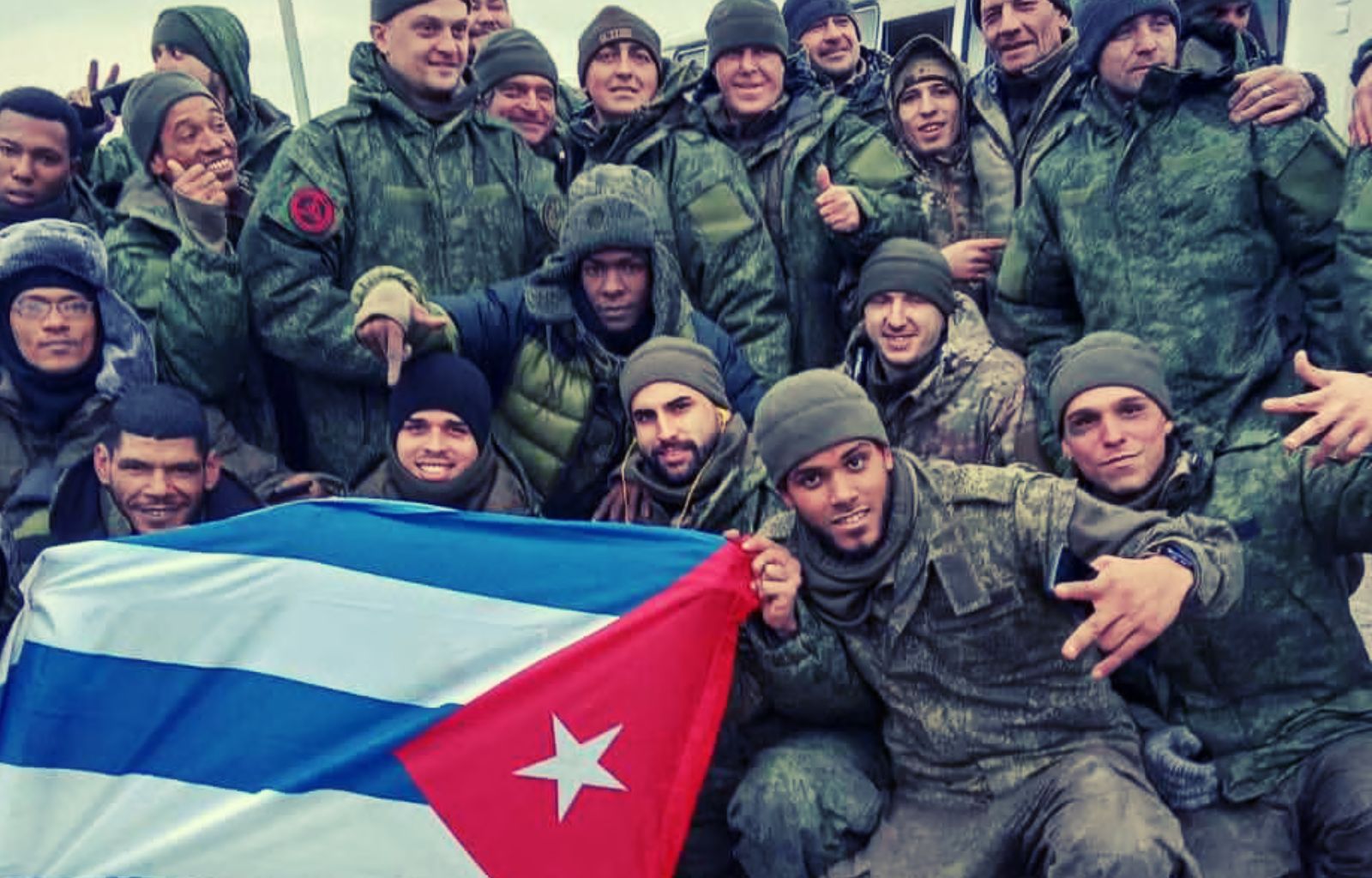Romania, the ultra-right wins with Russian support
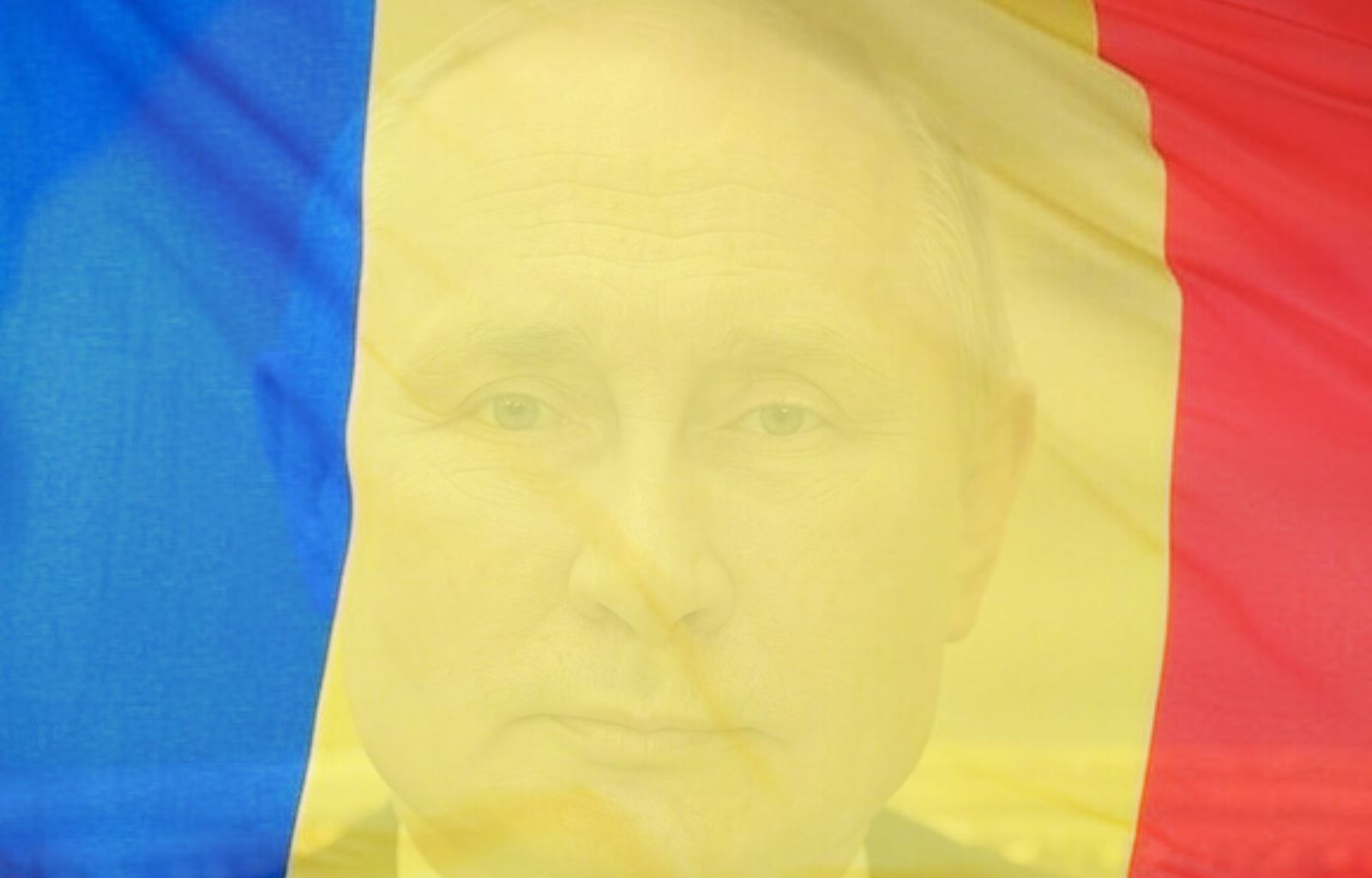
The first round in Romania confirmed the polls: the candidate of the ultra-right George Simion, representative of the Eurosceptic nationalist party AUR, won the first round of the elections, and is preparing for the runoff against Bucharest mayor Dan.
The polls were predicting a victory for the AUR leader with 30% of the vote, the reality for Simion was better than expected and the leader, who was accompanied by Calin Georgescu at the polling station, snatched 40% of the vote, the pro-European Bucharest mayor Nicusor Dan stopped at 20% in a head-to-head with the other pro-European candidate Crin Antonescu, while Victor Ponta, the other sovereignist candidate, will weigh in with 13% in the runoff.
The elections were monitored by an OSCE delegation, which will hold a press conference at 3 p.m. today on the voting procedures and the observation carried out at the polling stations.
Their presence was crucial. Romania is a country that is now under pressure from the Kremlin, and the possibility of more extensive electoral fraud than just the use of ‘hybrid warfare’ is not to be underestimated, given what happened in Georgia in October.
Simion won with an election campaign centred on ‘democracy and the restoration of constitutional order’; with this phrase, seasoned on election day with the admission of the vote for Calin Georgescu last November, he clarified his position regarding the Constitutional Court’s decision to annul the vote.
No words of confirmation were needed in any case, as Simion and Georgescu arrived at the polling station together, indifferent to any kind of institutional rule prohibiting endorsements (direct or indirect) on election day.
Opposition to the Constitutional Court’s decision was the focus of the election campaign, and as long as we have politicians who do not respect legal decisions, post-truth will prevail over reality, which today is clear: only those who do not see or are conniving with Russian infiltration of politics in other countries can distance themselves from that historic decision.
The ‘hybrid war’ waged by Russia, against democratic countries, passes through manipulative weapons such as those used to alter the narrative through social media campaigns. The Romanian court’s decision has simply laid the foundations for necessary legislative corrections, with respect to the virtual world, which has seen the proliferation of fake news and bots in recent years. A decision that is now in line with the protection of democracy, not only national but also European.
And it is precisely this that bothers Simion and Georgescu, the even European nature of that decision: the EU Regulation 2024/1689 of the European Parliament and of the Council of 13 June 2024 on Artificial Intelligence emphasises in ‘considered sixty-two that: “Without prejudice to the rules laid down in Regulation (EU) 2024/900 of the European Parliament and of the Council ( 34), and in order to address the risks of undue external interference on the right to vote enshrined in Article 39 of the Charter and adverse effects on democracy and the rule of law, AI systems intended to be used to influence the outcome of elections or referendums or the voting behaviour of natural persons in the exercise of their vote in elections or referendums should be classified as high-risk AI systems, with the exception of AI systems to whose outputs natural persons are not directly exposed, such as tools used to organise, optimise and structure political campaigns from an administrative and logistical point of view‘.
Investigations conducted this winter by Romania’s Foreign Intelligence Service (SIE) revealed that Russia conducted influence campaigns using artificial intelligence-generated content, with a particular effort on the Tik-Tok social network.
On 3 December 2024, the European Parliament heard the Global Head of Product, Authenticity and Transparency of Tik Tok in the relevant Commission. Defending the company’s transparency work, he gave the numbers of all fake accounts and fake followers: from September to today, the platform has removed 66,000 fake accounts, 7 million ‘likes’, and 10 million fake followers.
In a press release issued after the hearing by the Chinese company, contrasting data on covert influence operations was reported: it was admitted that the largest number of removed accounts (78) promoted the pro-Russian candidate Călin Georgescu.
How much is transparency worth? How much is it worth to interact with natural persons or fake bots?
This prompted the Constitutional Court to make a decision that was then used by the Eurosceptics in their election campaign, shouting ‘democracy’, and in fact endorsing the Kremlin’s policy of intimidation.
Yesterday, during the vote, there was a massive cyber attack later claimed via Telegram by the NoName057(16) group, a group of pro-Russian cybercriminals: the attack affected government sites and the accounts of pro-European candidates for two hours .
Simion and Georgescu were spared.
The second round will give Romania, an EU member since 2007 and Schengen member since 31 March 2024, its future. The final victory of Simion (and Georgescu) is not a foregone conclusion, according to many observers. We will talk more about this.

